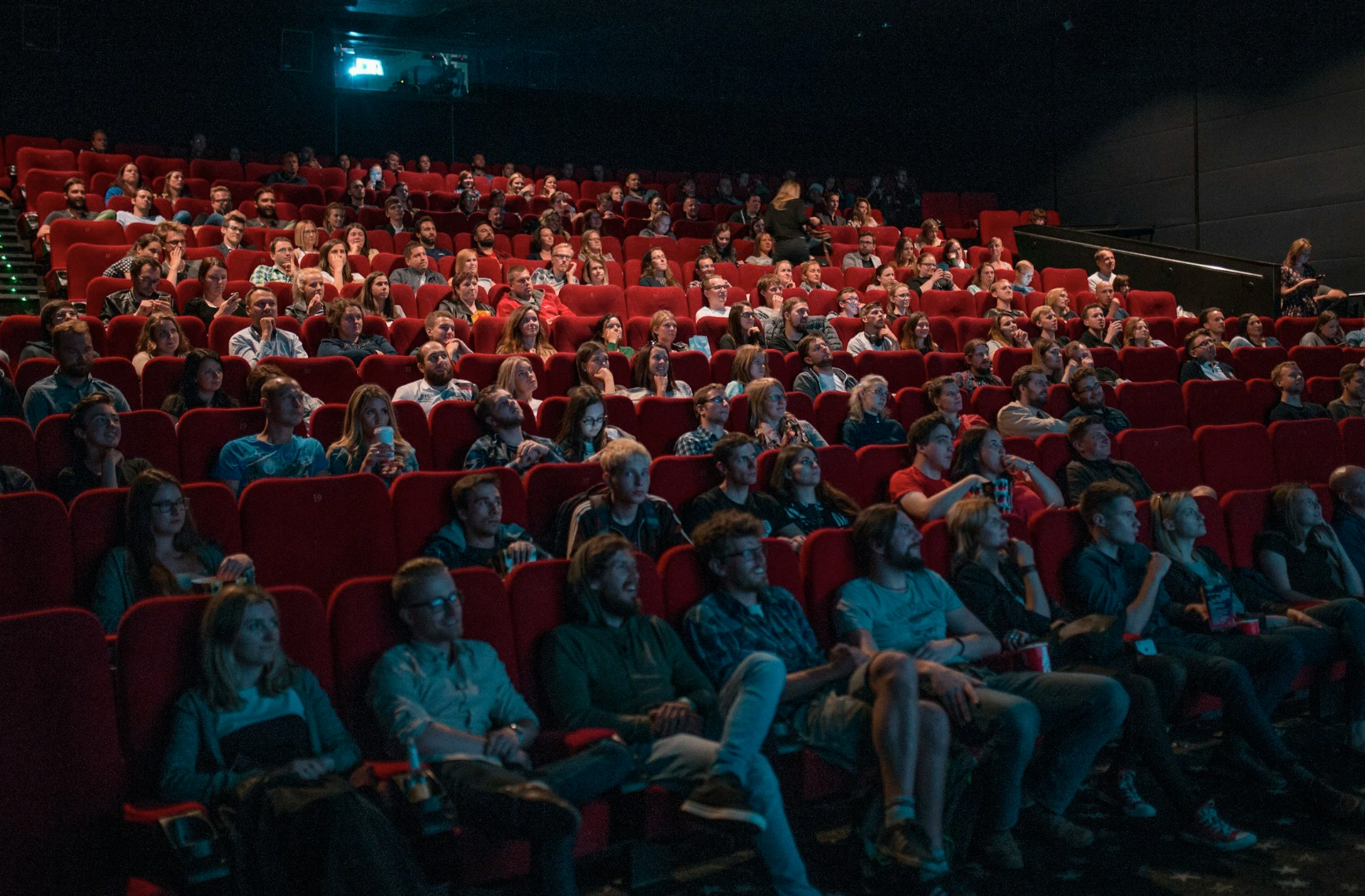- 94% of consumers research a product online, before heading in store to purchase
- Retailers are failing to attribute store visits to digital marketing activity
- Figures point to growing importance of omnichannel in UK retail
HIGH STREET retailers must be savvy with omnichannel technological integration in order to survive in the digital age, new research has warned.
A survey of 1,056 UK adults carried out by leading digital marketing agency, Marketingsignals.com, revealed that 85% of people still prefer to physically purchase products in store, despite the convenience offered by online shopping.
Although the rapid growth of e-commerce has significantly reduced footfall to the high street, the research found that three-quarters of customers would still prefer to make a purchase in a store, with 82% of these saying this is because they prefer to receive the product as soon as they’ve purchased it. Furthermore, nine in 10 (94%) UK shoppers stated they’ll always research a product online before going into store to purchase.
The research found that 78% of consumers prefer to go into store to see and feel a product before going online to shop around for the best price.
According to latest ONS figures, retail sales in the UK totalled more than £366 billion in 2017, though amazingly, 85% of sales still happen in stores, not online.
Retailers that embrace technology to track their customers from when they are served a digital ad, to when they make an in-store purchase, are able to accurately measure the ROI of their digital spend using a number of specialist technologies.
Gareth Hoyle, managing director at Marketingsignals.com comments: “Retailers who utilize digital technologies to drive in store footfall, whilst tracking and attributing customers to their digital spend are setting themselves up most likely to succeed in the modern age.”
“In an ideal world, consumers would rather visit a store to make a purchase, though due to time constraints, stock issues and ultimately, convenience, many turn to shopping online. This is a lesson for retailers to ensure their digital presence is working as hard as it possibly can for them, offering an omnichannel journey and an experience that is most convenient for customers.”
“Technologies such as Google Store Visits allow retailers to directly attribute digital marketing spend to increased footfall. Retailers that embrace proximity marketing and beacon technology can directly speak to customers in store – for example, if they are in store and go onto Google to shop around, the retailer can force a pop-up notification to the user’s phone (via bluetooth) with the offer of a discount code or similar.”
“Retailers with a loyalty scheme or e-receipt service are proving to be the most savvy with attributing digital spend to in store footfall as they know who their customer is and can attribute in store sales to their email address – the same email address that Google can link back to their search history and record of which ads they were presented with.”
“The retailers who are embracing these kinds of technology are able to much better understand their customer and deliver accurate digital ads to them – keeping themselves front of mind, without overloading them with online ads.”
Marketing Signals offer a wide range of digital marketing services including paid search, paid social, digital PR and technical SEO. For more information on Marketing Signals please visit www.Marketingsignals.com
ENDS
For media information and images, please contact:
Scott Bennett at PR Agency One T: 0161 871 9140
E: scott@pragencyone.co.uk
NOTES TO EDITORS
Marketing Signals offer a wide range of digital marketing services including paid search, paid social, digital PR and technical SEO. For more information on Marketing Signals please visit www.Marketingsignals.com









